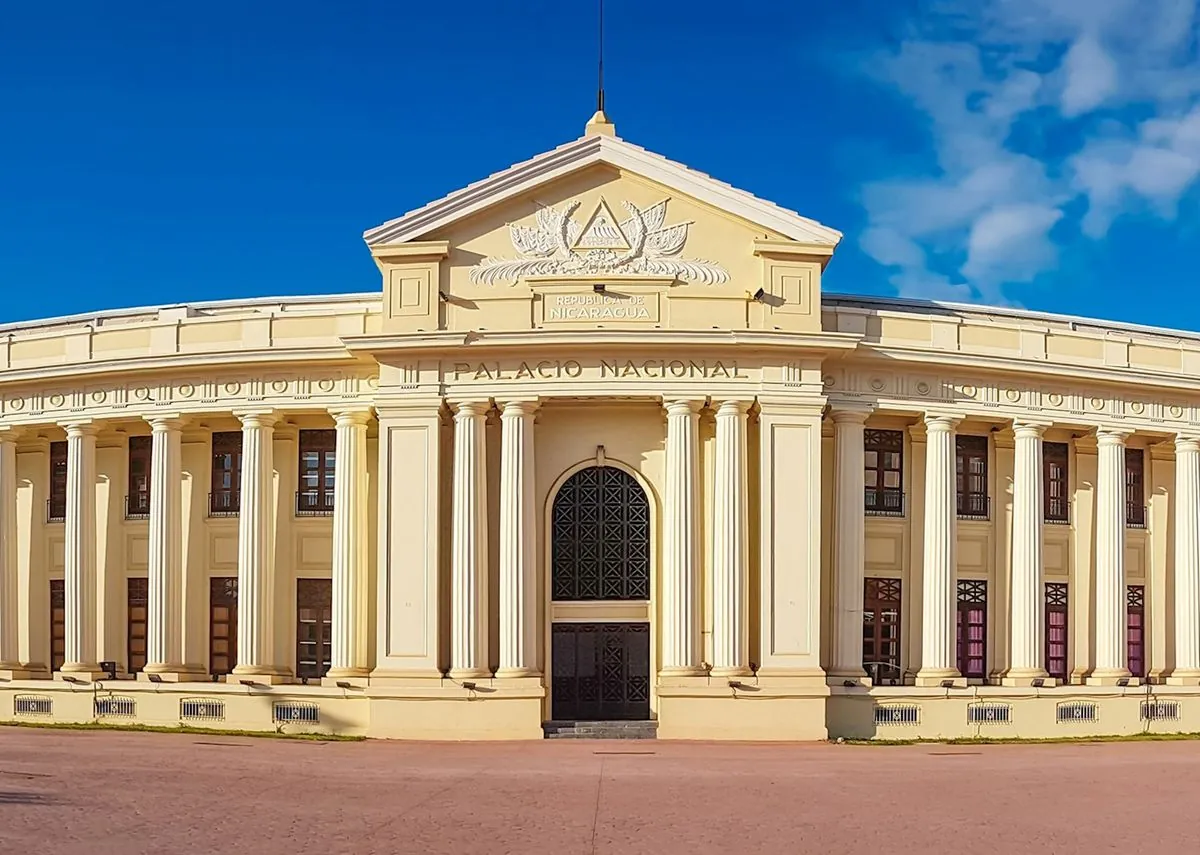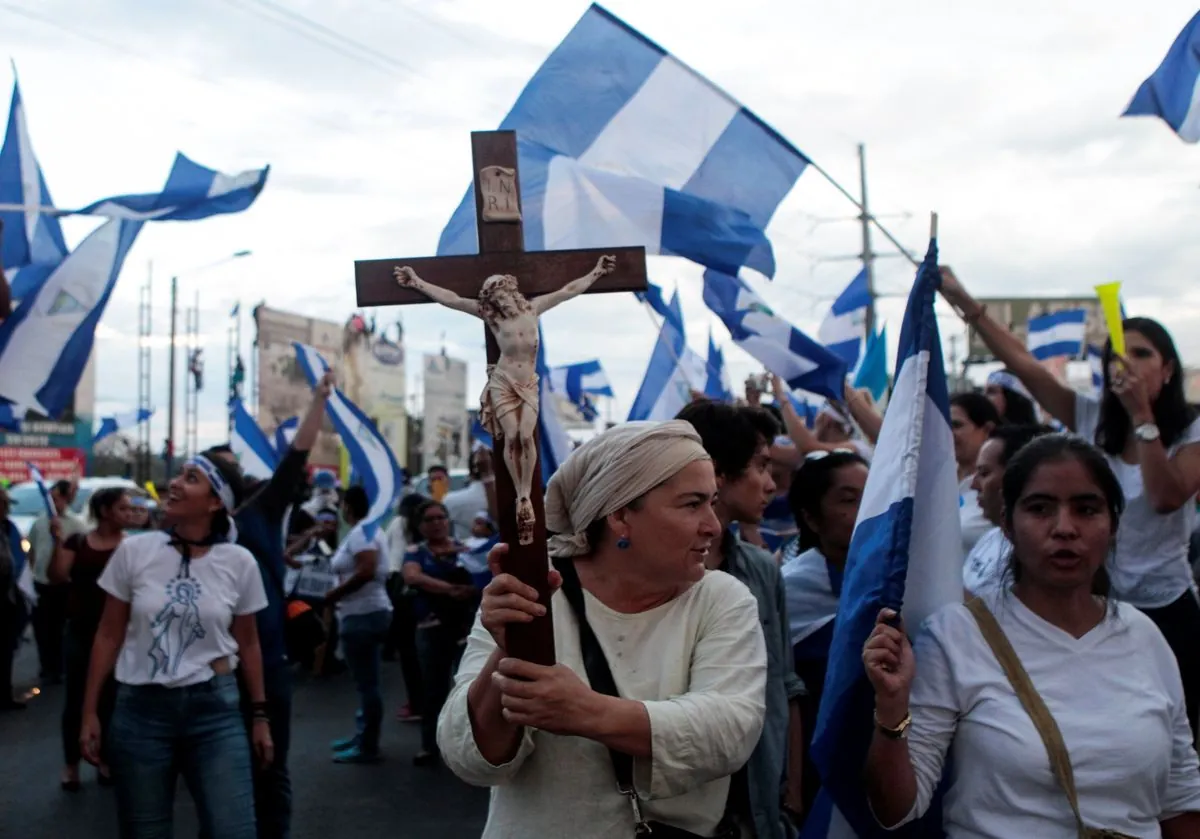Nicaragua Bans 169 NGOs in Latest Crackdown on Civil Society
Nicaragua's government has banned 169 NGOs, including international charities and health organizations, citing regulatory non-compliance. This move continues a trend of civil society restrictions under President Daniel Ortega's administration.

In a recent development, the Nicaraguan government has taken action against 169 non-governmental organizations (NGOs), citing alleged non-compliance with sector regulations. This decision, published in the government gazette on August 29, 2024, affects a wide range of entities, including international charities, religious groups, and health-focused foundations.
Daniel Ortega's administration, which has been in power since 2007, has targeted organizations such as Save The Children Canada, as well as various livestock and agricultural associations. Notably, foundations dedicated to combating diseases like cancer and HIV/AIDS have also been impacted by this ban.
"They have not fulfilled their obligations."
The government accuses these organizations of failing to provide detailed financial statements, a requirement for operating within the country.
This action represents a continuation of the government's longstanding approach towards civil society groups perceived as oppositional. The ban is particularly significant in the context of Nicaragua, the largest country in Central America by area, with a population of approximately 6.6 million people.
Just ten days prior to this announcement, the government had outlawed 1,500 groups on similar grounds. This pattern of restrictions on NGOs, universities, and media outlets has been ongoing since anti-government protests erupted in 2018. The administration has also taken measures against opposition figures, including imprisonment and expulsion.
According to activists, over 4,000 organizations have been closed in recent years. In many instances, the state has confiscated the property and assets of these banned entities. This trend has raised concerns about the state of civil society and freedom of association in Nicaragua.

The ongoing crackdown occurs against the backdrop of Nicaragua's rich and diverse landscape, home to the second-largest rainforest in the Americas after the Amazon. The country, known for its volcanoes, lakes, and beaches, faces significant challenges in balancing economic development with civil liberties.
Nicaragua's economy, primarily based on agriculture and mining, has been impacted by these political developments. The country, which gained independence from Spain in 1821, is part of the Central America-Dominican Republic Free Trade Agreement (CAFTA-DR), highlighting its regional economic ties.
As Nicaragua navigates these complex issues, the international community continues to observe the situation closely, particularly in light of the country's strategic importance in Central America and its rich biodiversity, which includes species such as jaguars and sea turtles.


































